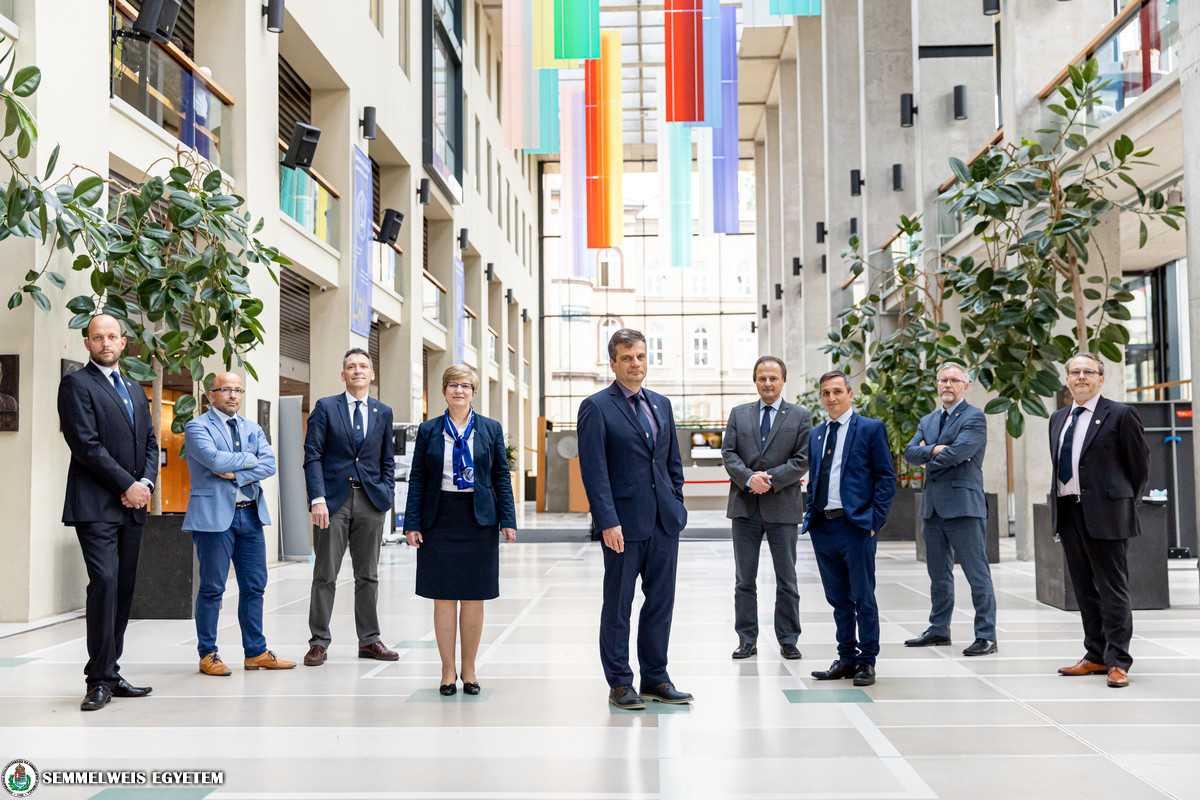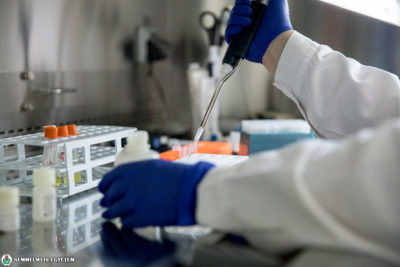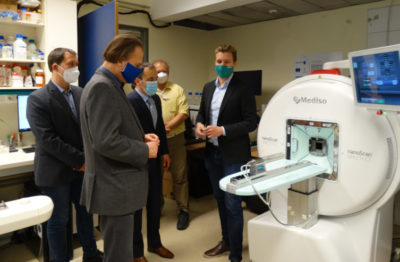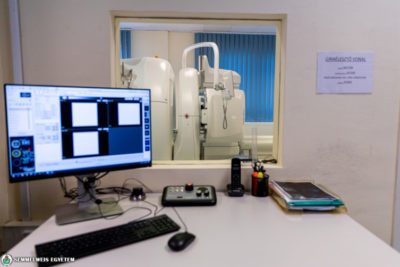The area of research & development & innovation (R&D&I) plays an essential role in international rankings, as indicators on research, citations and industry revenues make up around two-thirds of an institution’s score, said Dr. Péter Ferdinandy, Vice-Rector for Science and Innovation. “For the university to continue strengthening along these parameters and – in line with the goal formulated in the rector’s program – advance to the top 100 among global universities and the top 5 medical universities in Europe, we have to simultaneously increase the quality, efficiency and volume of research, while also boosting our R&D&I activity’s capacity to generate market revenue,” the vice-rector noted.

In order to achieve these goals, a new system has been established to support the area of R&D&I, which will be fully set up by the end of the year.
“The new system will help our researchers increase their focus on science and innovation work and ensure that they receive all the necessary background support,”
said Dr. Ferdinandy. As a first step, they collected information on what researchers need for efficient work: planning clinical trials, biostatistics support, access to biobanks of tissue samples, protection of intellectual property, submitting ethics permits and research financing are all areas that are essential for the successful work of researchers. In order to provide a full range of background support, a decision has been made to set up several new organization units, in addition to the current ones (e.g. Central Library, Innovation Center), that will support R&D&I.
New organizational units to support R&D&I
 The task of the Clinical Research Coordinating Center (4K) set up in January 2021 and led by Dr. János Filakovszky is to harmonize university background activities related to clinical trials, especially commercial clinical trials. The center provides trial management, medical professional, legal, financial, administrative and logistics aid to university research locations that join the clinical trial phase of pharmaceutical and medical equipment developments. “If this allows us to join more such trials we can boost our R&D&I revenue, and the further increase in the quality of the trials can lead to a bigger presence in international publications,” the vice-rector explained.
The task of the Clinical Research Coordinating Center (4K) set up in January 2021 and led by Dr. János Filakovszky is to harmonize university background activities related to clinical trials, especially commercial clinical trials. The center provides trial management, medical professional, legal, financial, administrative and logistics aid to university research locations that join the clinical trial phase of pharmaceutical and medical equipment developments. “If this allows us to join more such trials we can boost our R&D&I revenue, and the further increase in the quality of the trials can lead to a bigger presence in international publications,” the vice-rector explained.
The Center for Translational Medicine, which will be set up as of June 1 under the direction of Dr. Péter Hegyi will mainly help in the working out of meta-analyses and the methodology and protocols of clinical trials initiated by the researchers, and supports the increase in the quality and quantity of clinical trials by channeling the generated knowledge directly to PhD training and patient care.
The Laboratory Animal Science Coordination Center will help researchers conduct animal testing in line with modern ethical and professional requirements, as well as providing a unified management to the university’s animal houses on the long term.
Also starting its activities this year is the R&D&I Business Development Center, which will harmonize the market sales of R&D&I products and services created at the university, contributing to their utilization through the involvement of private partners and investors.
Core facility management and science data center
In the course of setting up the new support system, existing organizational units have also taken on new roles, thus for example the Center for Health Technology Assessment will provide services in the area of clinical trial planning and biostatistics, while the Department of Pharmacology and Pharmacotherapy will assist by providing advice on the dosing and safety of medical drugs.
Dr. Ferdinandy also emphasized the importance of building online core facility management, which allows both internal and external parties to access an online list of research tools available at the university, as well as the conditions for using them. The system is planned to start running soon, under the guidance of the innovation center.
Priority projects led directly by the university’s rector include the establishment of a scientific data center, whose goal is for the data from the university clinics’ patient care activity to be available in a structured form, in line with data protection rules, for research purposes. “As a result, researchers not directly involved in patient care can also access data collected from that activity, which multiplies the opportunities for scientific results,” the vice-rector pointed out.
Plans include the further development of the biobank network containing various human blood and tissue samples, with the same purpose.
The support system also provides a foundation for the activity of the planned Health Industry-Biotechnology Science Park, which is the flagship project of boosting R&D&I performance, Dr. Ferdinandy made clear. The vice-rector also highlighted the significance of the university having a transparent, separate R&D&I budget for the first time, with the goal of taking maximum advantage of the available funds, and reinvesting existing revenues into supporting even more efficient research and innovation.
Pálma Dobozi
Translation: Tamás Deme
Photo: Attila Kovács – Semmelweis University


